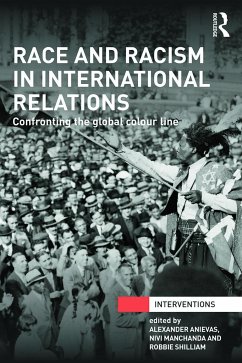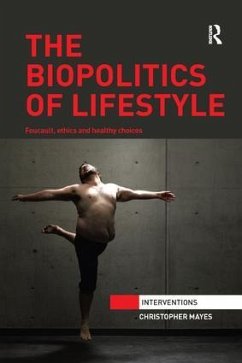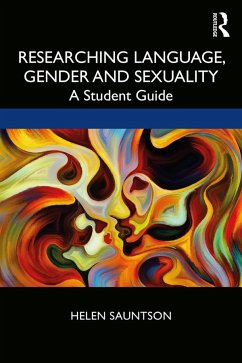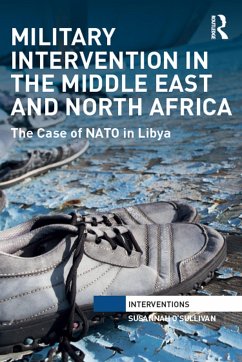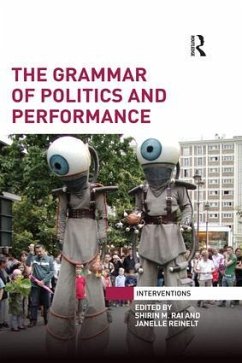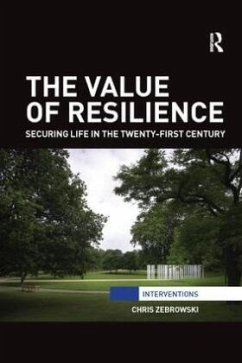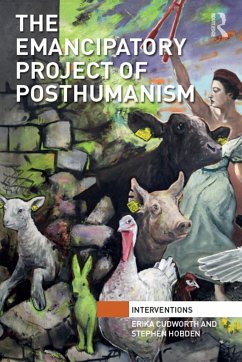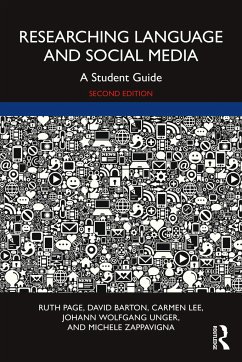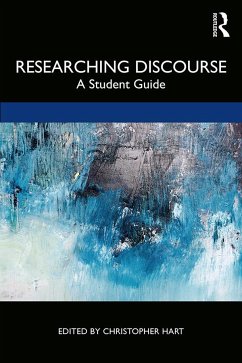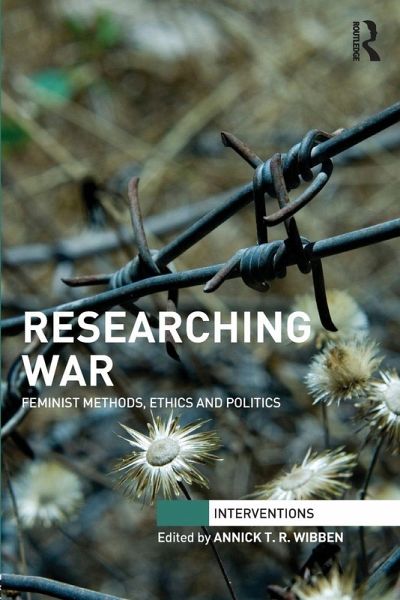
Researching War
Feminist Methods, Ethics and Politics
Herausgeber: Wibben, Annick T. R.
Versandkostenfrei!
Versandfertig in 1-2 Wochen
59,99 €
inkl. MwSt.
Weitere Ausgaben:

PAYBACK Punkte
30 °P sammeln!
Researching War provides a unique overview of varied feminist contributions to the study of war through case studies from around the world.





